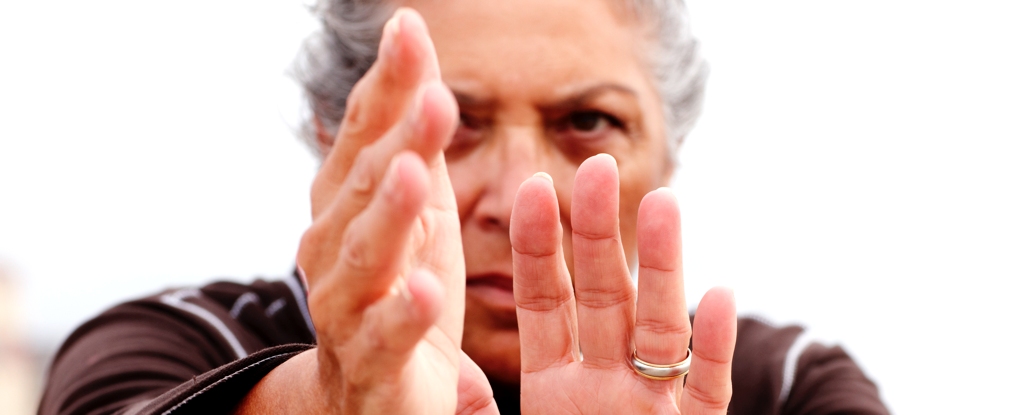
Tai Chi
Tai chi, short for T'ai chi ch'üan or Tàijí quán, sometimes colloquially known as "Shadowboxing," is an internal Chinese martial art practiced for defense training, health benefits, and meditation. Developed as a martial art, it is practiced for reasons including competitive wrestling, competitive demonstrations, and health/longevity. Tai chi has enthusiastic practitioners worldwide. Yang Shaohou, Yang Chengfu, Wu Chien-ch‘üan and Sun Lutang promoted the art for its health benefits beginning in the early 20th century. Its global following often for its benefit to personal health. Medical studies of t‘ai-chi support its effectiveness as an alternative exercise and a form of martial arts therapy. Many forms are practiced, both traditional and modern. Most modern styles trace their development to the five traditional schools: Chen, Yang, Wu, Wu, and Sun. All trace their historical origins to Chen Village.


